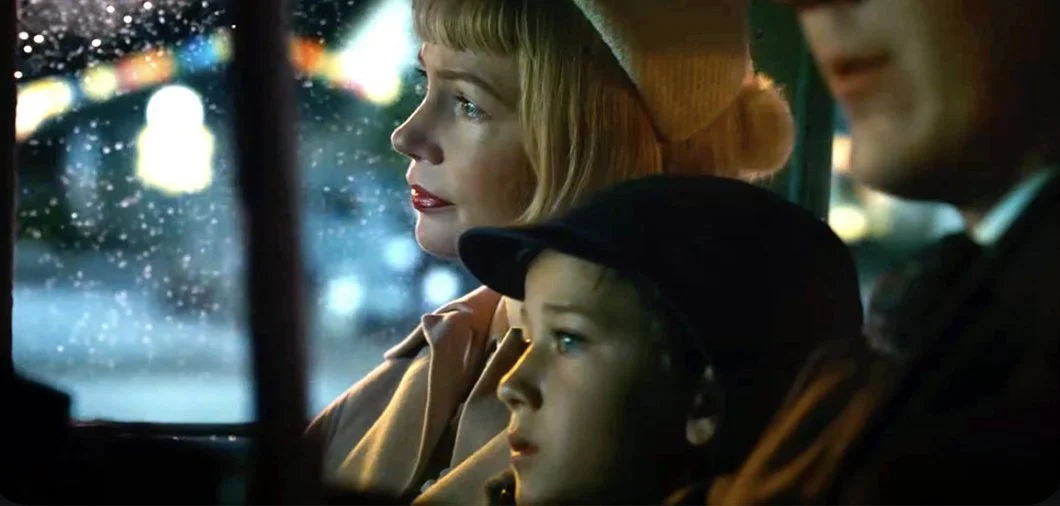A shape-shifting event is currently occurring in the cultural film landscape and it’s not a positive one.
Steven Spielberg’s “The Fabelmans” has bombed at the box-office. This coming after the filmmaker’s “West Side Story” garnered the same fate last year, which begs me to ask the question: if Spielberg can’t even bring people to a movie theatre anymore, then who can? I imagine Martin Scorsese, Wes Anderson, Christopher Nolan and Quentin Tarantino can still pull it off, but these four directors are now part of a dying breed.
What the post-pandemic theatrical era has done to adult dramas is absolutely brutal. There are so many factors that have contributed to the demise of critically-acclaimed films at the box office, one of which is older moviegoers learning how to stream and purchase films via the comfort of their own homes.
I’m still struck by how fast this change has happened. Movie theaters are turning primarily into, as Scorsese pointed out a few years back, theme park rides. What we’ve learned this year is that the younger crowd will still purchase a ticket for the token Marvel, Pixar, sequel packages, but that’s about it. You’ll have the odd “Elvis” phenomenon, but one look at this year’s 10 highest-grossing movies and they are all superhero movies and/or blockbuster sequels.
The result is a fall movie season that has manifested the total disinterest of mature moviegoers, who are now unwilling to watch any of the well-reviewed/Oscar contenders. The list keeps piling up: “Till” ($8.6 million total), “The Banshees of Inisherin” ($7.8 million), “TÁR” ($5.1 million), “She Said” ($4.2 million), “Triangle of Sadness” ($4 million), “Bones and All” ($3.7 million), “The Fabelmans” ($3.4 million), “Armageddon Time” ($1.8 million), “Aftersun” ($790,000).
It’s come to the point where a critically-acclaimed foreign film like “Decision to Leave,” which grossed just $1.7 million, becomes heralded as a resounding success.
It gets worse. One of the last remaining Oscar hopefuls, Damien Chazelle’s “Babylon,” is currently tracking at terrifyingly low numbers. The film is said to have a budget of around $90-100 million, and if it fails then this could be Chazelle’s “Heaven’s Gate” — a passion project that ultimately leads to a total revamping of the industry.
The hopeful one in me wants to believe that this has just been a weak year at the movies (it has) and that things will get back into place next year, but who am I kidding? Almost every single one of the above titles is now available to stream on VOD, not even a month after they were released. It’s now become a profitable business for studios. It’s sure as hell better than keeping these films in theaters where they would most likely go through a slow and gloomy death.
We’re now seeing a grim future for “cinema” at the movie theater. Prestige movies will remain, but in a different kind of form. We are about to enter the era of quality American moviemaking being driven by the likes of Apple, Netflix and Amazon. All of these streamers will continue producing top-notch content, screen them for a week in theaters (for the sake of Oscar eligibility) and then have them available in their platforms, for subscribers, a few weeks later.
As studios are hysterically looking for answers to these miserable numbers, the obvious has been right in front of them this entire time. During these last three years, the pandemic forced studios to stream much of their new content. Many moviegoers realized just how much more comfortable, and less headache-inducing, it was to stream at home than to go to the local cineplex. You can now just stay in, save money, and not endure any of the annoyances that come with watching a movie in public — who wants someone texting and talking right next to them during a movie?
It’s obvious, just looking at the ratings, that there’s an absolute disconnect between mainstream moviegoing and the Oscars. Despite critical acclaim and Oscar nominations, these films just aren’t that widely seen anymore. It used to be, at least in the ‘90s and ‘00s, that if you were a major Oscar contending movie then audiences would want to seek you out. Not anymore. Most of the country couldn’t care less about what critics or Oscar voters believe to be the worthiest achievements and it’s not going to get better, only worse.






